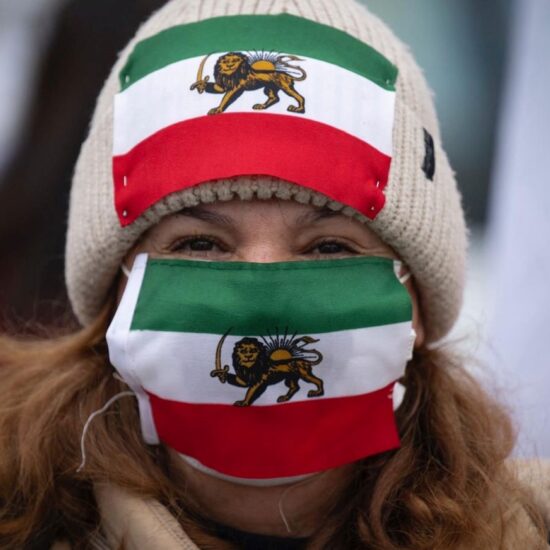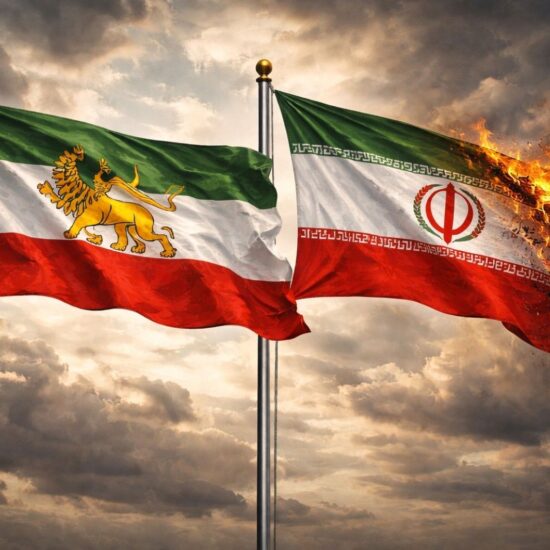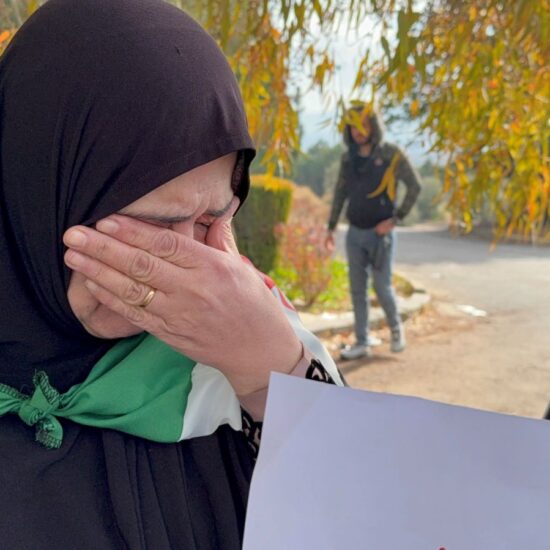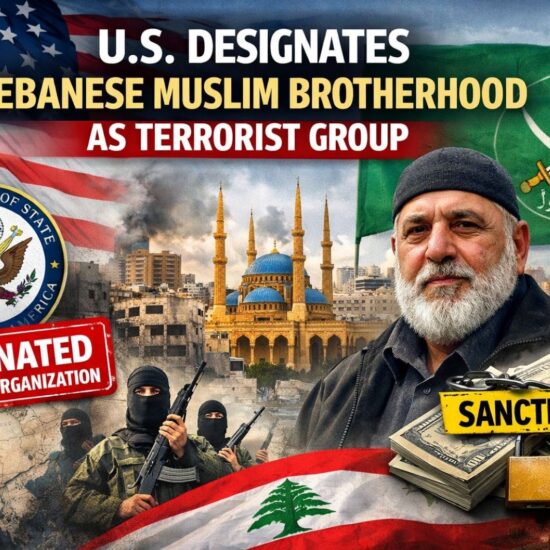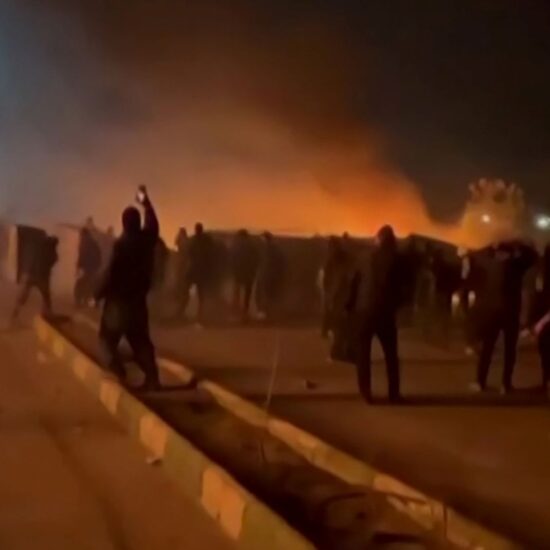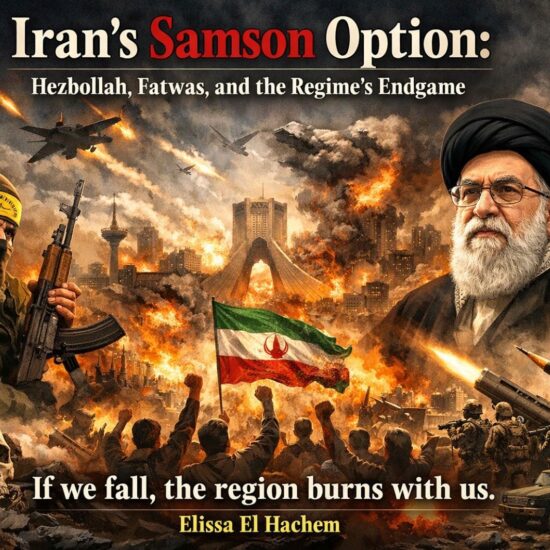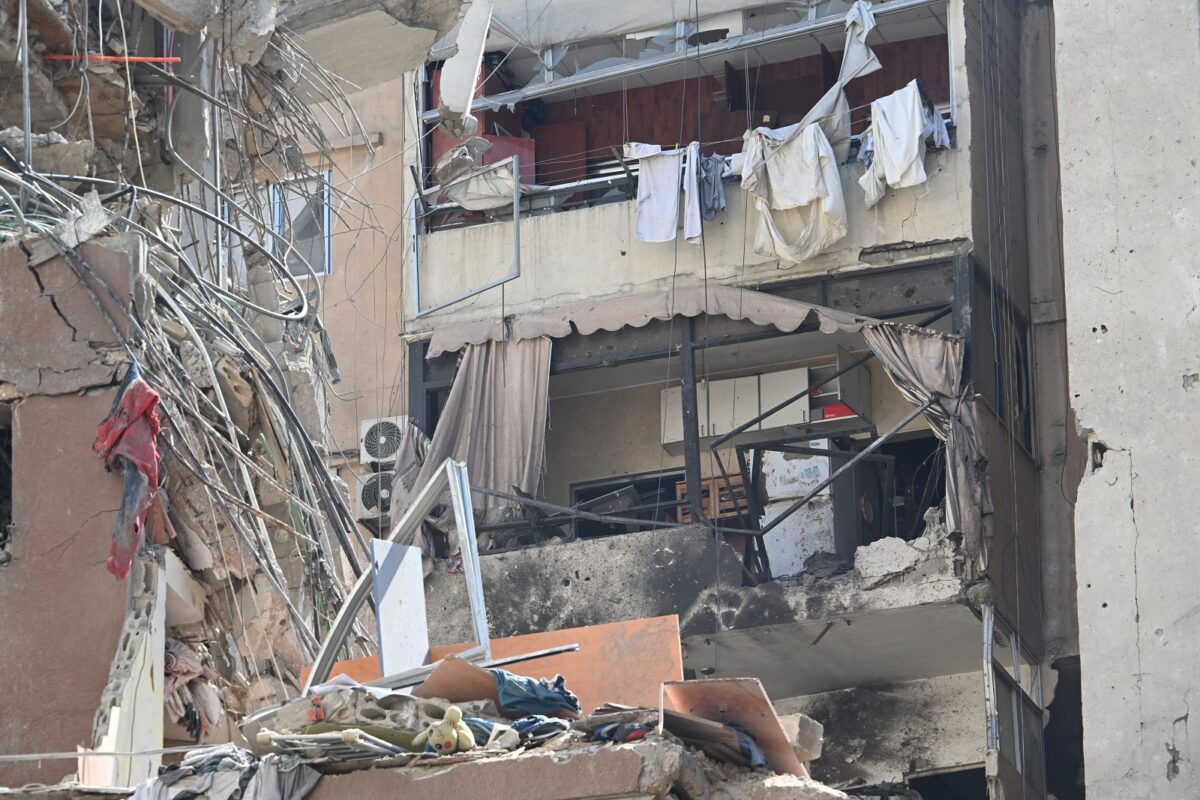
In less than twelve hours, contrary to the predictions of international diplomacy, Israel’s moves threatened the precarious balance of the Middle East. Possible scenarios compete for Lebanon and the region’s future
An incredulous Beirut was shocked by the sound of an explosion and smoke floating over its southern suburbs. In the evening of Tuesday, July 30, an Israeli drone targeted an area near the Bahman Hospital in Haret Hreik, Dahieh. The target of the attack appeared to be Hezbollah’s number two, Fouad Shoukor, the party’s main military commander in southern Lebanon. Known to be Nasrallah’s right-hand man and a senior leader, alongside Ibrahim Akil and Ali Karachi, Shoukor was also a senior member of the Jihad Council. In the immediate aftermath of the explosion, Hezbollah said the attack failed – while Israel claimed it was a success.
It is the second Israeli drone attack on Dahieh since the beginning of the war, after on January 2nd a meticulous strike killed Hamas’ senior leader and founding commander of its military wing, the Izz ad-Din al-Qassam Brigades, Saleh al-Arouri, in the same neighborhood, stronghold of the Iran-backed party.
Nothing could have predicted yesterday’s attack: neither the reassurances from Washington, nor the threats from Hezbollah, which swore: if they attack Dahieh, we will respond against Tel Aviv.
The building targeted by Israel was a residential building, according to local residents. It had eight floors, three of which collapsed. Sources at Bahman Hospital told local reporters that the remains of a woman had arrived at the facility, along with several wounded, including some in critical condition. And while the injured on site were still being rescued, witnesses said an Israeli drone was still overflying the area.
It was the municipality of Aïnata, in south Lebanon, to announce the names of the other victims, four in total. Two children – Hassan and Amira Fadlallah, siblings of ten and six years old – were killed while at their grandparents’ house. The identity of the woman, though, has not yet been confirmed – while another woman died on Wednesday from her injuries at al-Sahel Hospital. According to Lebanon’s Ministry of Health, moreover, 74 is the number of the injured people.
Local and international reactions
Lebanon: Caretaker Lebanese Prime Minister Najib Mikati condemned in a statement Israel’s attack, defining it a “blatant aggression.” “The Israeli war machine never tires of targeting Lebanese areas from the south through Beirut to the Beqaa,” Mikati accused, denouncing “a criminal act” and a “clear and manifest violation of international law and international humanitarian law.” “This is an issue we submit to the international community, which must assume its responsibilities and exert strong pressure to force Israel to stop its aggressions and threats, and to implement international resolutions,” he added, claiming that “we will also retain our full right to take all measures that will contribute to deterring Israeli aggression,” and recalling that he has called the Cabinet to a meeting today, Wednesday, July 31.
The UN: The UN Special Coordinator for Lebanon, Jeanine Hennis-Plasschaert, expressed her “deep concern about the Israeli raid in a densely populated area in southern Beirut, which has resulted in numerous civilian casualties,” Reuters reported. In a statement, she “once again underscores that there is no military solution and calls on Israel and Lebanon to use all diplomatic channels with a view to returning to a cessation of hostilities.” The Special Coordinator “is in close contact with key stakeholders and calls for calm,” the statement concludes.
The US: The Democratic presidential candidate and Vice President of the United States, Kamala Harris, stated that Israel “has the right to defend itself against a terrorist organization, which is exactly the case with Hezbollah,” Israeli newspaper Haaretz reported, citing an NPR journalist present at a press briefing. “That being said, we still need to work towards a diplomatic solution to end these attacks,” Harris added.
Iran: Nevertheless, the Iranians have claimed they were informed by the United States that Israel would not target either Beirut or the southern suburbs. The latest message received from the United States stated that Israel was aiming to target a large Hezbollah military warehouse outside of Beirut. This, according to Iran, is evidence that Israel is not responding to American pressures, especially since the decision was made by Benjamin Netanyahu after his return from Washington.
“The vicious and criminal action will certainly not prevent the proud Lebanese resistance from continuing to support the oppressed Palestinians and fight against the aggression of the Israeli apartheid regime,” the spokesperson for the Iranian Ministry of Foreign Affairs, Nasser Kanani, said in a statement.
However, according to CNN, citing a well-informed source, Israel informed the United States prior to the strike in southern Beirut. The source indicated that the information had been transmitted through “security channels,” yet without specifying when it was given.
Crossing Hezbollah’s red lines
Many Lebanese were expecting an Israeli response to the Hezbollah-alleged attack in the Druze village of Majdal Shams, in the Israeli-occupied Golan Heights, where twelve people – most of whom were children, and none of Israeli nationality – were killed on July 27. Despite Hezbollah not having claimed responsibility for the attack, Israel and the US accused the Iran-backed party and its military leader, Fouad Shoukor, to be accountable.
Aggressive diplomatic efforts are already displaying in the background – but a response, in the best-case scenario only symbolic, is expected in the upcoming hours. Hezbollah has in fact massively mobilized its military forces after the strike already yesterday evening, and has begun preparing a response. The terms of engagement between the two parties have been negotiated on a daily basis since October 8, mostly limited to military targets along the borders.
On its side, the Israeli military claimed it wanted to avoid any wider war with Hezbollah, but that its forces were ready for any scenario. “Hezbollah’s ongoing aggression and brutal attacks are dragging the people of Lebanon and the entire Middle East into a wider escalation,” military spokesman Rear Admiral Daniel Hagari said in a statement, claiming he prefers to “resolve hostilities without a wider war.”
Contacts are being made with the party through intermediaries to avoid a widespread confrontation. Security, military, and diplomatic sources believe the situation has become very delicate and critical, with Hezbollah being compelled to respond significantly to the attack targeting one of its highest-ranking military officials.
Ismail Haniyeh assassinated
The news that Tehran woke up to, on Wednesday, is of a different magnitude. Ismail Haniyeh, political leader of Hamas, has been assassinated, the Palestinian militant group Hamas and Iran’s elite Revolutionary Guards said in separate statements.
Haniyeh was in Teheran to attend Iran’s new President Masoud Pezeshkian’s swearing in ceremony on Tuesday. “Early this morning, the residence of Ismail Haniyeh in Tehran was struck, resulting in his and one of his bodyguards’ martyrdom. The cause is under investigation and will be announced soon,” the Revolutionary Guards said.
Killing a political leader, and not a military one, represents a huge escalation. Useless from a strategic and tactical point of view, as Haniyeh had no influence in the military dimension of the conflict, the attack could be perceived as a well-staged performance of Israel’s military capability against the Iranian capital.
An Israeli strike on the Haniyeh family home in al-Shati, Gaza, killed ten people earlier in June, including his sister, while three of his sons and four of his grandchildren had already been killed in another strike in April. Haniyeh at the time said that about sixty members of his family had been assassinated since the war broke out.
Hamas’ leader had travelled on multiple diplomatic missions since the fighting broke out, and he was a key figure in the ongoing negotiations between Israel and Hamas for a ceasefire in Gaza.
His killing is the heaviest blow to Hamas since the start of the war. Although no claim has yet been made, the assassination threatens to drag the Middle East into a wider conflict involving Iran – recently hit by the shocking death of its former President, Ibrahim Raisi, in a helicopter crash – and calling into question the mediating role of Qatar, where Haniyeh had been stably living since 2019.



